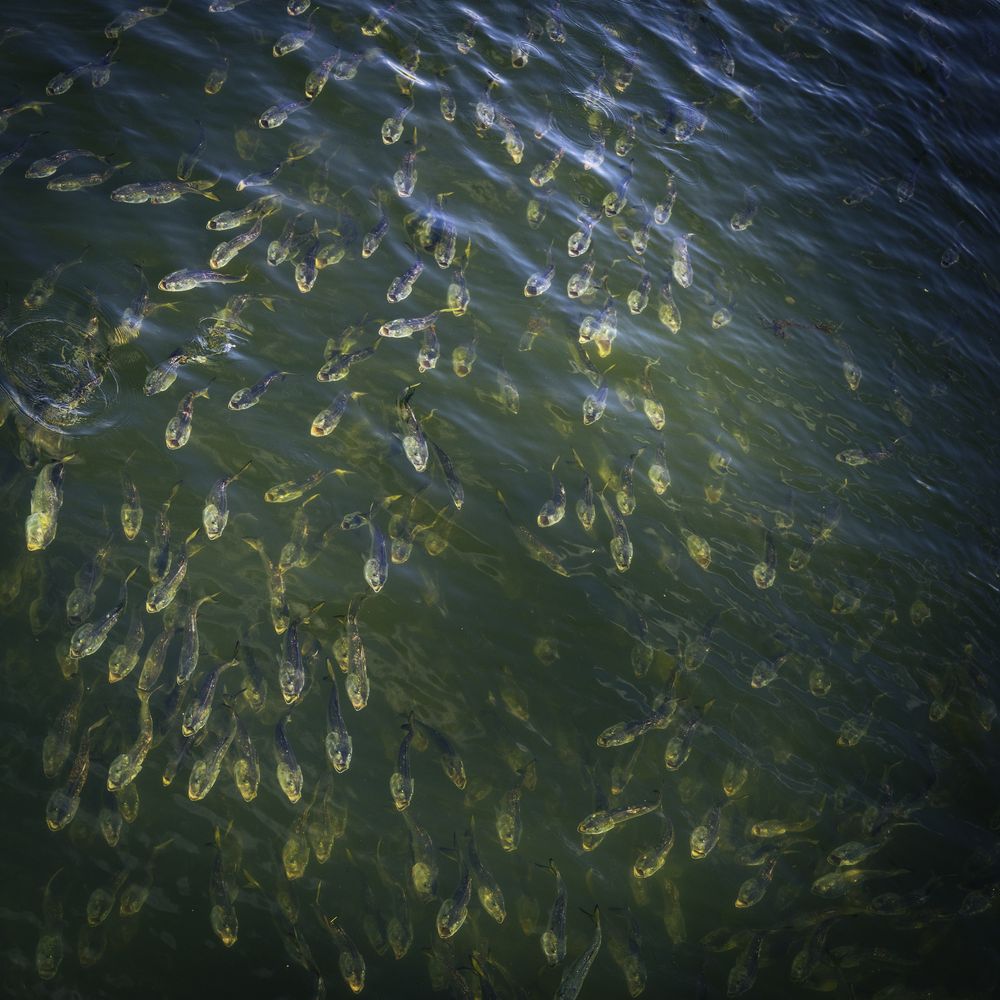2022: Remote Sensing for Carbon-negative Climate Resilience in the Restored Herring River Estuary at Cape Cod National Seashore
Tidal flow to the Herring River Estuary (HRE), part of the Cape Cod National Seashore (one of the most visited US national parks), has been severely limited for over a century. This disconnection has widely impacted the ecology of the HRE, decimating its eponymous Herring Run, allowing invasive marsh grasses to become established over large areas, and negatively impacting water quality. By the end of 2022, the National Park Service (NPS) and the United States Geological Survey (USGS) will commence a ~$50 million project to reconnect the HRE to tidal inflows. Cornell researchers, in collaboration with scientists from USGS and NPS will measure water velocities and methane fluxes before, during, and after tidal reintroduction, deploying an infrared-based velocity measurement tool to examine the up and down flow directions under ebb and flow tides to collect data during this major coastal infrastructure renovation project.
Investigators: Todd Cowen and Jed Sparks
